Gas vs Electric Water Heater:
Ultimate Parkville Comparison
When it comes to choosing between a gas vs electric water heater, it's crucial to grasp the fundamental distinctions between the two. This comprehensive article will examine the advantages and disadvantages of both options, empowering homeowners to make well-informed decisions based on factors like energy efficiency and upfront costs. By understanding these key points, individuals can select the water heating system that best suits their specific requirements.

How do electric water heaters work?
An electric water heater functions by employing submerged heating elements placed within a storage tank, drawing power from your home's electrical system. The unit's thermostat diligently observes the water temperature and deactivates the heating elements once the desired temperature is achieved. This efficient process guarantees a consistent supply of hot water, readily accessible for all your needs.

Benefits of electric water heaters
Electric water heaters offer numerous advantages over traditional gas-powered heaters:
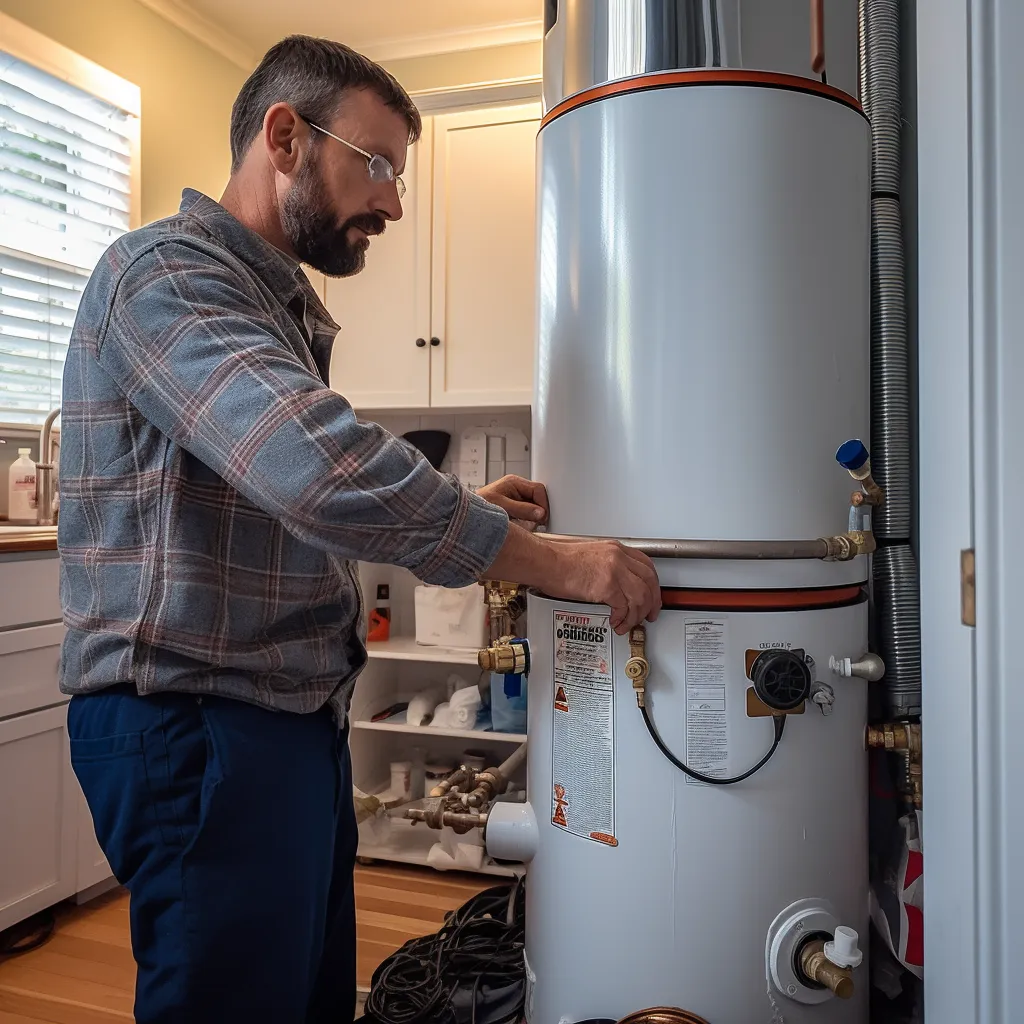
They prioritize safety by eliminating the need for gas lines, reducing the risk of gas leaks and carbon monoxide poisoning. This makes them an ideal choice for households concerned about safety.
Electric water heaters provide installation flexibility since they don't require venting for exhaust gases. This means they can be installed in various locations within the home, making the installation process easier and more convenient.
Efficiency is another key benefit of electric water heaters. They boast high energy efficiency by converting nearly all of the electricity into heat. Consequently, homeowners can enjoy cost savings on energy bills over time.
In terms of costs, electric water heaters have lower upfront expenses compared to their gas-powered counterparts. Additionally, they are generally more affordable to install and maintain, making them a budget-friendly option.
One significant advantage of electric water heaters is their environmental friendliness. These heaters produce zero greenhouse gas emissions during operation, contributing to a greener home and a more sustainable future.
Electric water heaters exhibit impressive durability. They often have a longer lifespan than gas-powered heaters, ensuring a reliable supply of hot water for an extended period.
Disadvantages of electric water heaters
Despite their numerous advantages, it's essential to consider the drawbacks associated with electric water heaters:
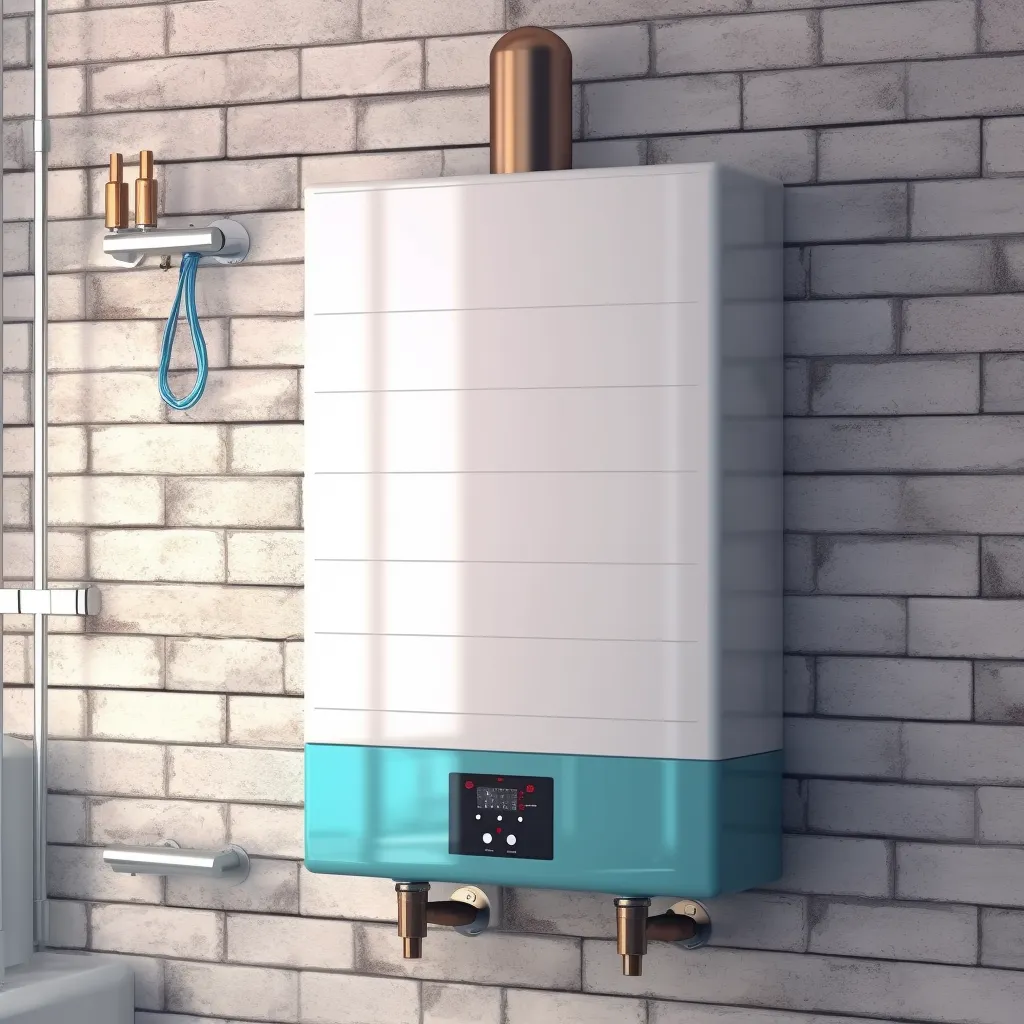
One drawback is their slower recovery rate. In comparison to gas models, electric water heaters take more time to heat water, especially during high-demand periods. This may result in a longer wait for the water to reach the desired temperature.
Another factor to consider is energy costs. Although electric water heaters are generally more energy-efficient, higher electricity rates can lead to increased energy bills. It's crucial to factor in the ongoing expenses of electricity when evaluating the overall cost.
Electric water heaters tend to have a shorter lifespan compared to gas-powered models. This means you might need to replace the unit sooner, which can contribute to long-term expenses.
Electric water heaters are susceptible to power outages. Since they rely on a continuous supply of electricity to function, there will be no hot water available during power outages until the power is restored.
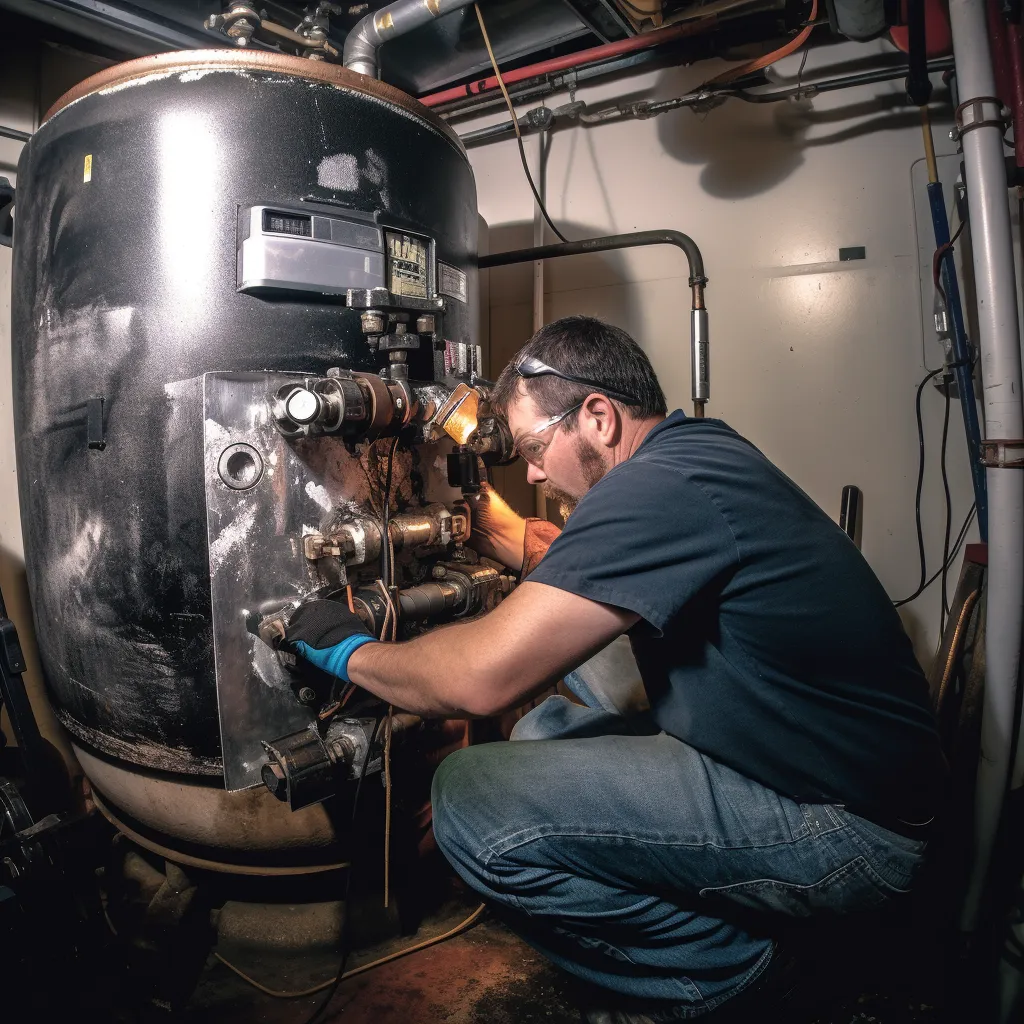
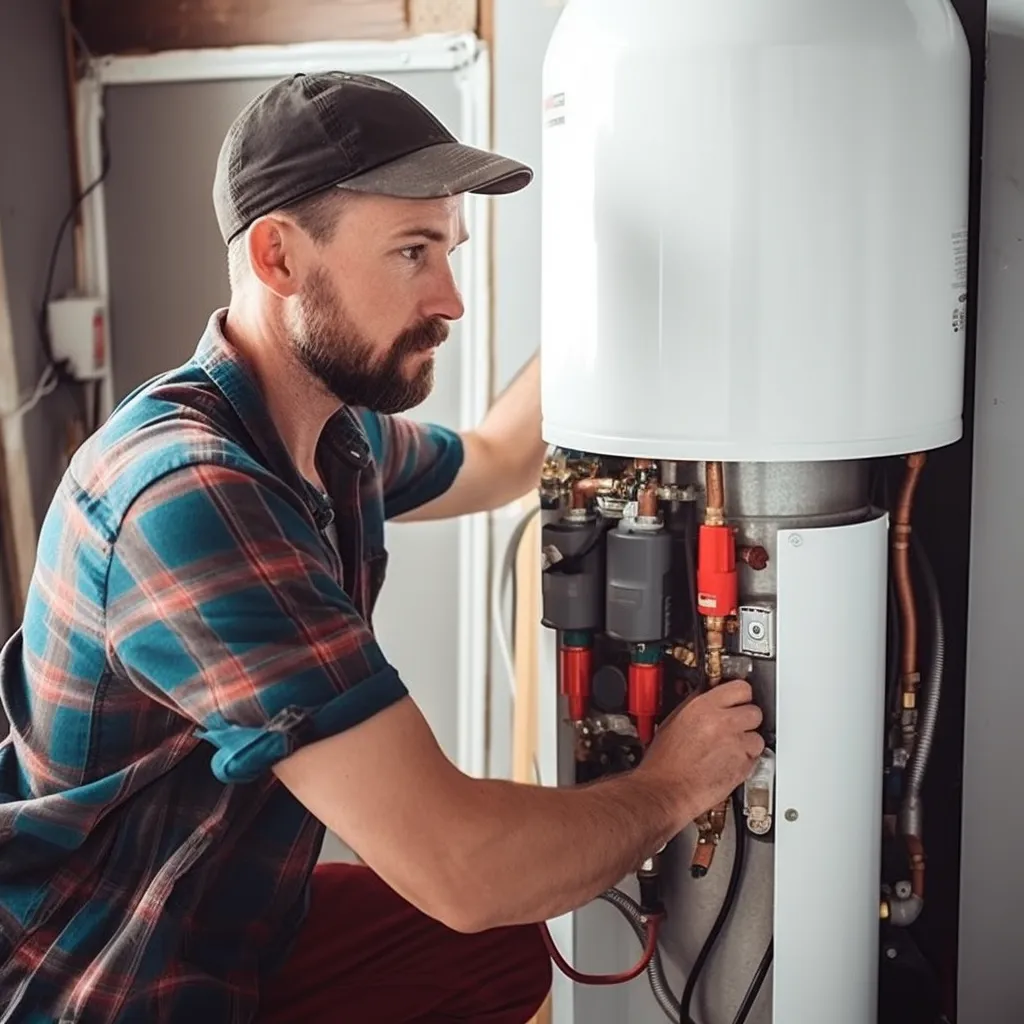
How do gas water heaters work?
Gas water heaters operate by utilizing a gas burner positioned at the bottom of a spacious tank. The burner effectively heats the water contained within the tank, allowing it to be readily accessed through a faucet whenever required. Concurrently, as hot water is utilized, cold water flows into the tank to uphold a consistent water supply. This continuous process of heating and replenishing guarantees a dependable stream of hot water to fulfill diverse household requirements. With this reliable mechanism, gas water heaters ensure an uninterrupted flow of hot water for all your household needs.
Pros of gas water heaters
Gas water heaters have gained immense popularity among homeowners for several reasons:
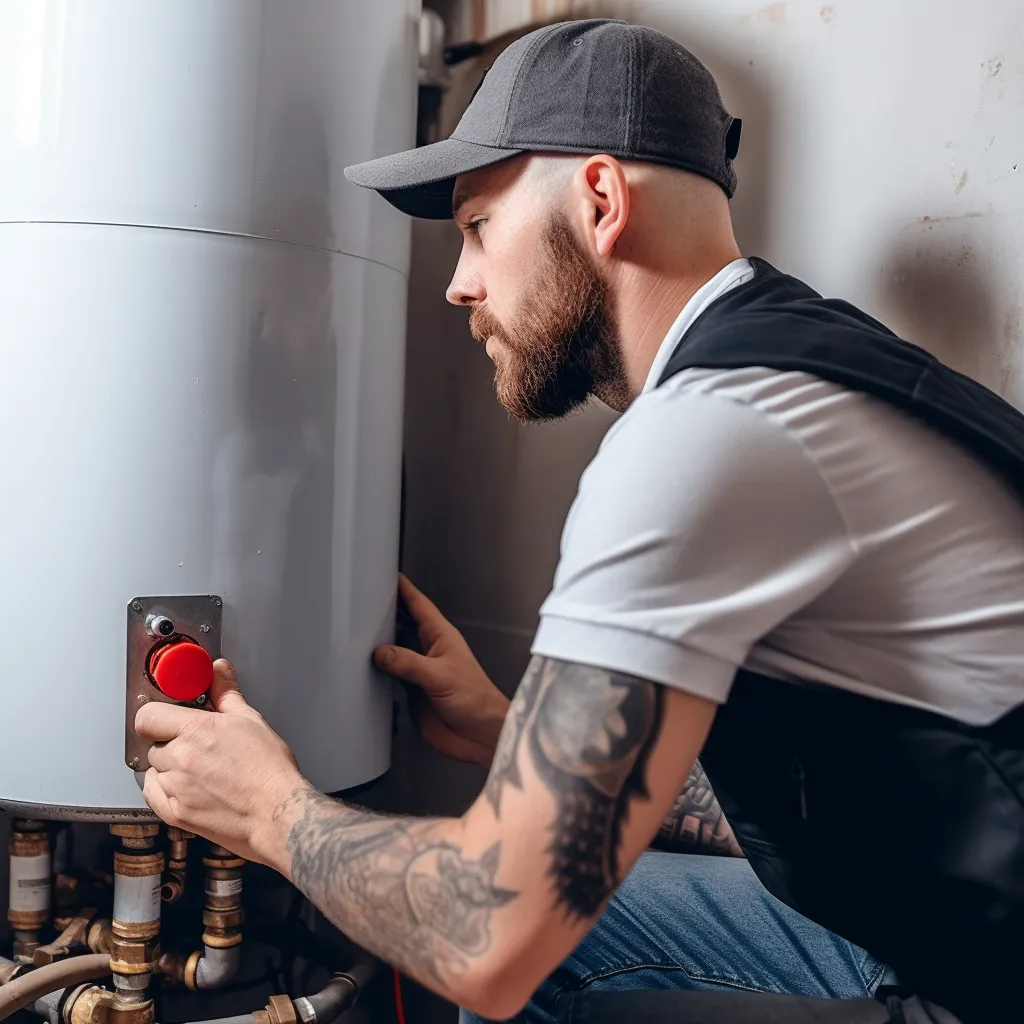
One of their key advantages is cost-effectiveness. In terms of long-term savings, gas water heaters outperform electric units by reducing utility bills. This is because gas, as a fuel source, is often more affordable, allowing homeowners to enjoy potential cost savings over time.
Another significant benefit of gas water heaters is their ability to deliver hot water at a faster rate. Compared to electric models, gas water heaters heat water more quickly, ensuring immediate access to hot water as soon as you turn on the tap. This feature proves highly advantageous for households that require a constant and immediate supply of hot water.
Gas water heaters boast an extended lifespan when compared to their electric counterparts. With a longer operational life, homeowners can enjoy the convenience of not having to replace their water heaters as frequently. This, in turn, leads to substantial savings by reducing expenses associated with replacement costs.
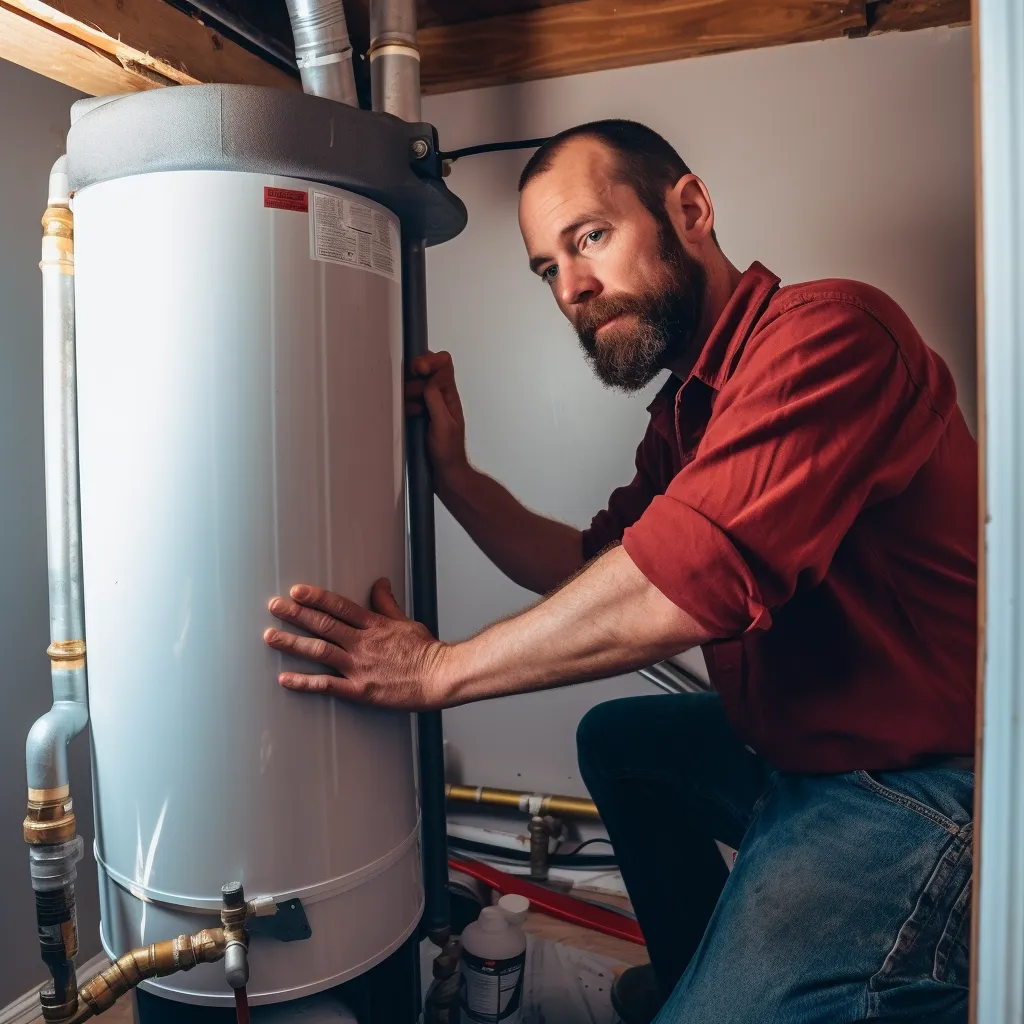
Cons of gas water heaters
Gas water heaters offer numerous benefits; however, it's essential to be aware of certain potential drawbacks associated with them:
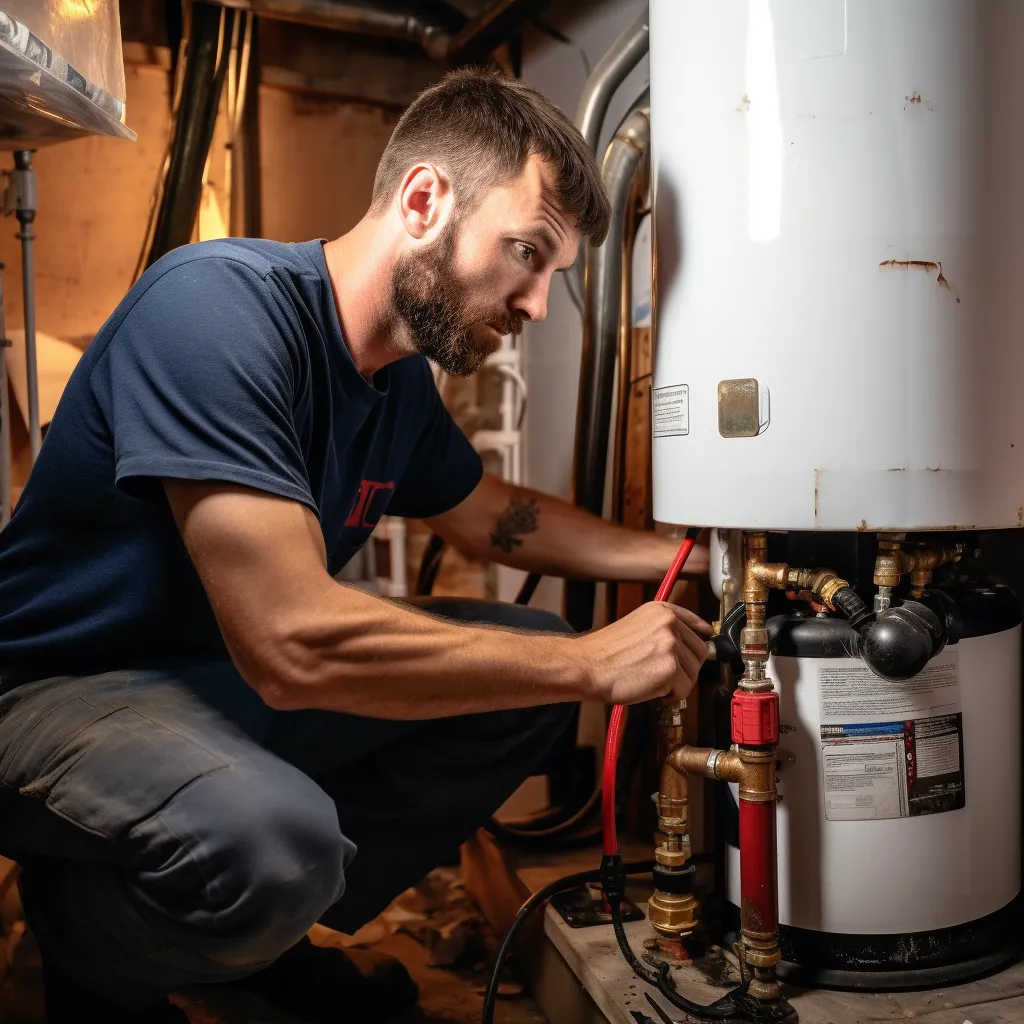
Environmental impact: Gas water heaters burn natural gas, a fossil fuel, leading to the emission of pollutants into the atmosphere. Consequently, this contributes to environmental concerns and air pollution.
Risk of explosion: Care must be taken during the installation and usage of gas water heaters to prevent potential explosions. Adhering strictly to safety guidelines and relying on professional installation services reduces the risk of accidents.
Higher maintenance costs: Gas water heaters generally necessitate more maintenance compared to their electric counterparts. This includes regular inspections, cleaning, and the possibility of repairs. As a result, ongoing costs for maintenance may be higher.
Longer installation time: The installation process for gas water heaters typically takes longer than that of electric units. This involves setting up gas lines, venting systems, and ensuring proper connections. Allocating several hours for installation is crucial to achieve a satisfactory and safe setup.

Are electric water heaters energy-efficient?
Electric water heaters have varying levels of efficiency, which are influenced by several factors. These factors encompass the unit's size, insulation quality, and operating temperature. Although gas-powered water heaters are generally recognized for their superior efficiency, electric models have made significant strides in enhancing their energy efficiency ratings.
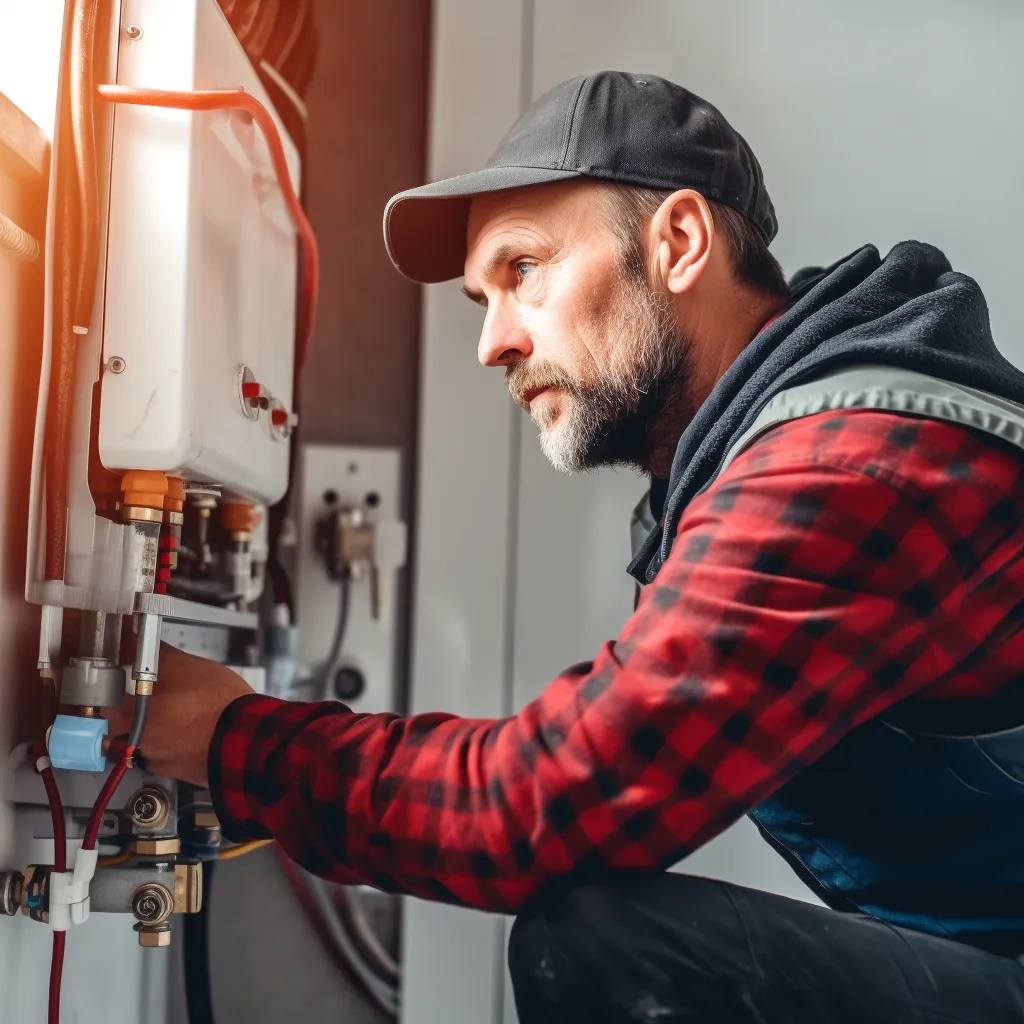
Are gas water heaters energy-efficient?
Gas-powered water heaters are known for their superior cost-effectiveness and energy efficiency when compared to electric counterparts. These water heaters operate by burning natural gas to generate heat for the water, resulting in lower energy consumption compared to electric heaters. The efficiency of a gas water heater can be influenced by factors like the unit's size, model, and regular maintenance.
What does it cost to buy and install electric water heaters?
Electric water heaters come in various sizes and offer a variety of features, leading to fluctuating costs. A 50-gallon electric water heater, on average, may be priced between $300 and $800. To install an electric water heater, there is usually an extra cost of approximately $300 to $500. However, the total expense for installation can vary depending on the nature of the project and any necessary permits.

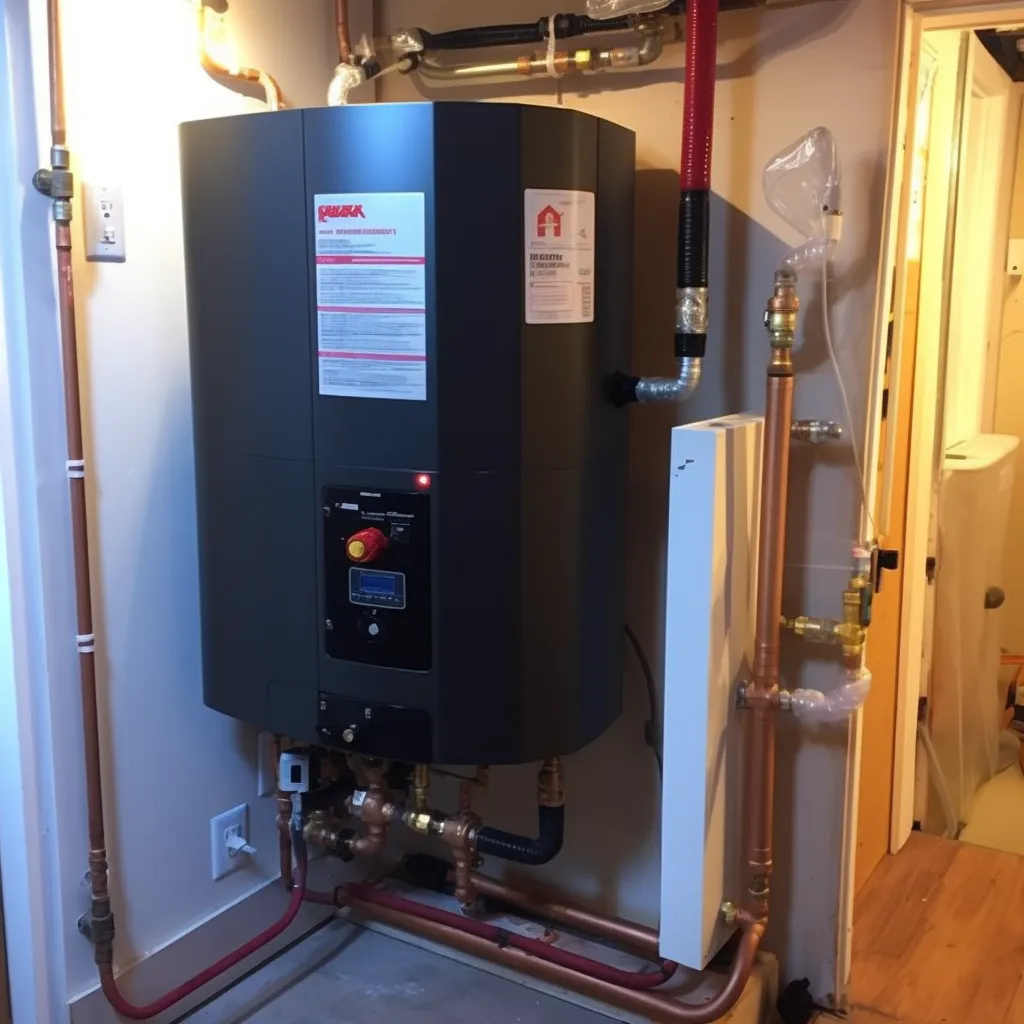
What does it cost to buy and install gas water heaters?
Gas water heaters are available in various sizes and price ranges. The price of these heaters typically falls between $500 and $1,500, although high-end models can go up to $3,000. Keep in mind that installation charges may apply and can vary based on your location and specific plumbing needs.
While the initial cost of a gas water heater might seem higher, it's crucial to consider the long-term advantages and savings. In terms of energy efficiency, gas water heaters outperform certain other types, leading to reduced utility expenses in the long run. Moreover, they ensure a consistent and uninterrupted supply of hot water, which proves particularly advantageous for households with high hot water consumption.
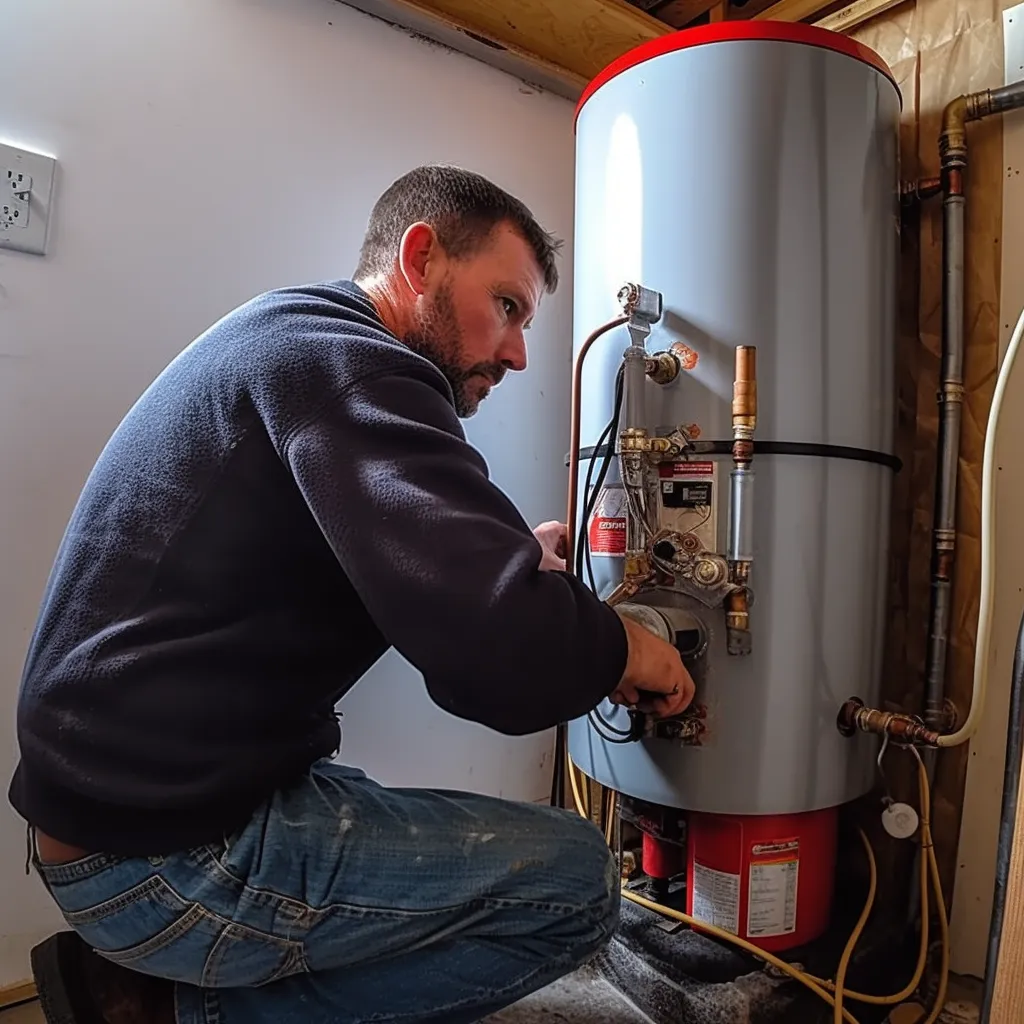
Maintenance needs of electric water heaters
Proper maintenance plays a vital role in ensuring the reliable and safe operation of electric water heaters. To prevent overheating and potential explosions, it is crucial to conduct regular checks on the temperature and pressure relief valve. Flushing the tank at intervals of around six months to a year is necessary to eliminate sediment buildup, thereby maintaining optimal efficiency. It is also important to inspect the heating elements for any indications of damage or mineral accumulation, promptly replacing them as needed. Moreover, ensuring secure and undamaged electrical connections is essential for the safe functioning of the water heater. If you are uncertain about performing any maintenance tasks, it is highly recommended to seek the assistance of a licensed professional.
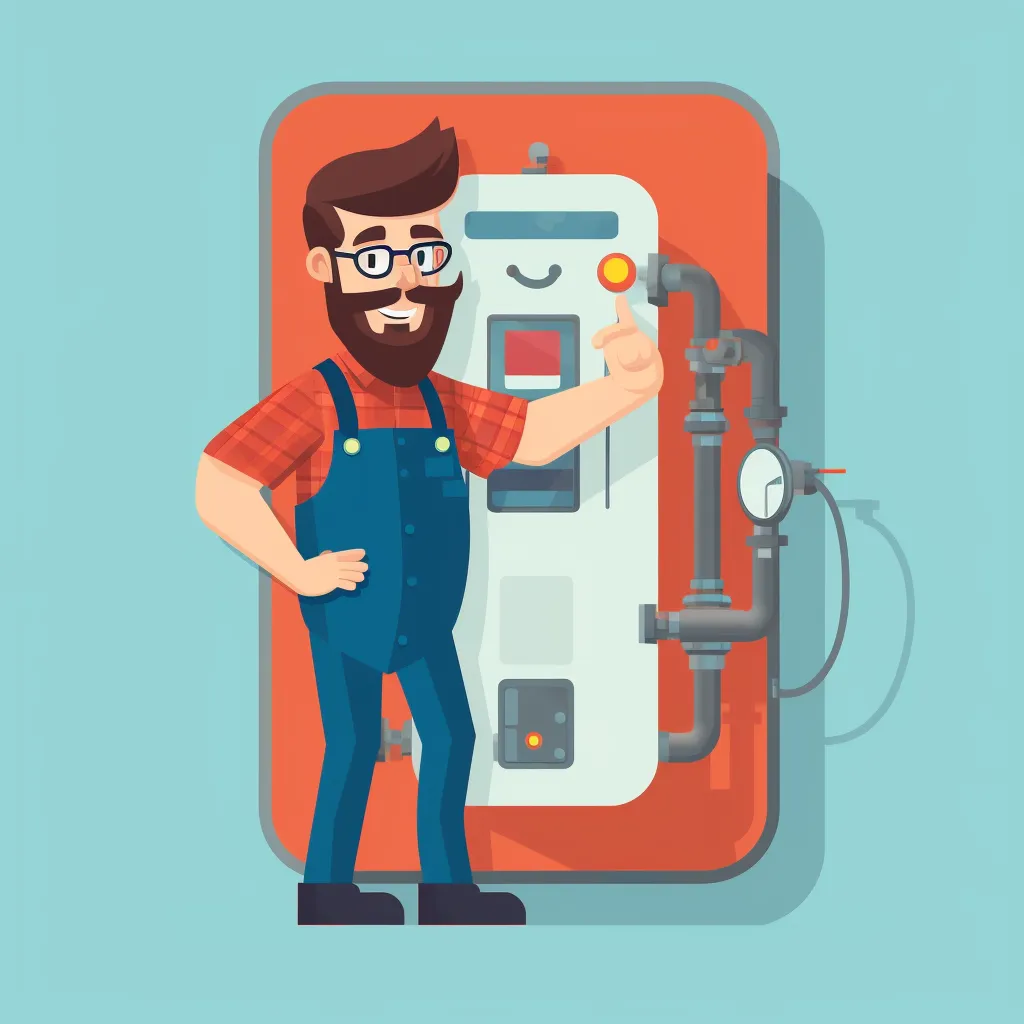
Maintenance needs of gas water heaters
Regular maintenance is crucial for the optimal and secure functioning of gas water heaters. It is vital to perform various tasks to guarantee their effectiveness and safety. These tasks include annual tank flushing, periodic inspection of the anode rod, regular monitoring of the burner and pilot assembly for debris or damage, annual testing of the temperature and pressure relief valve, and checking for gas leaks. By diligently carrying out these maintenance routines, you can ensure the efficient and safe operation of your gas water heater. If you have any uncertainties or concerns, it is advisable to seek assistance from a licensed professional.
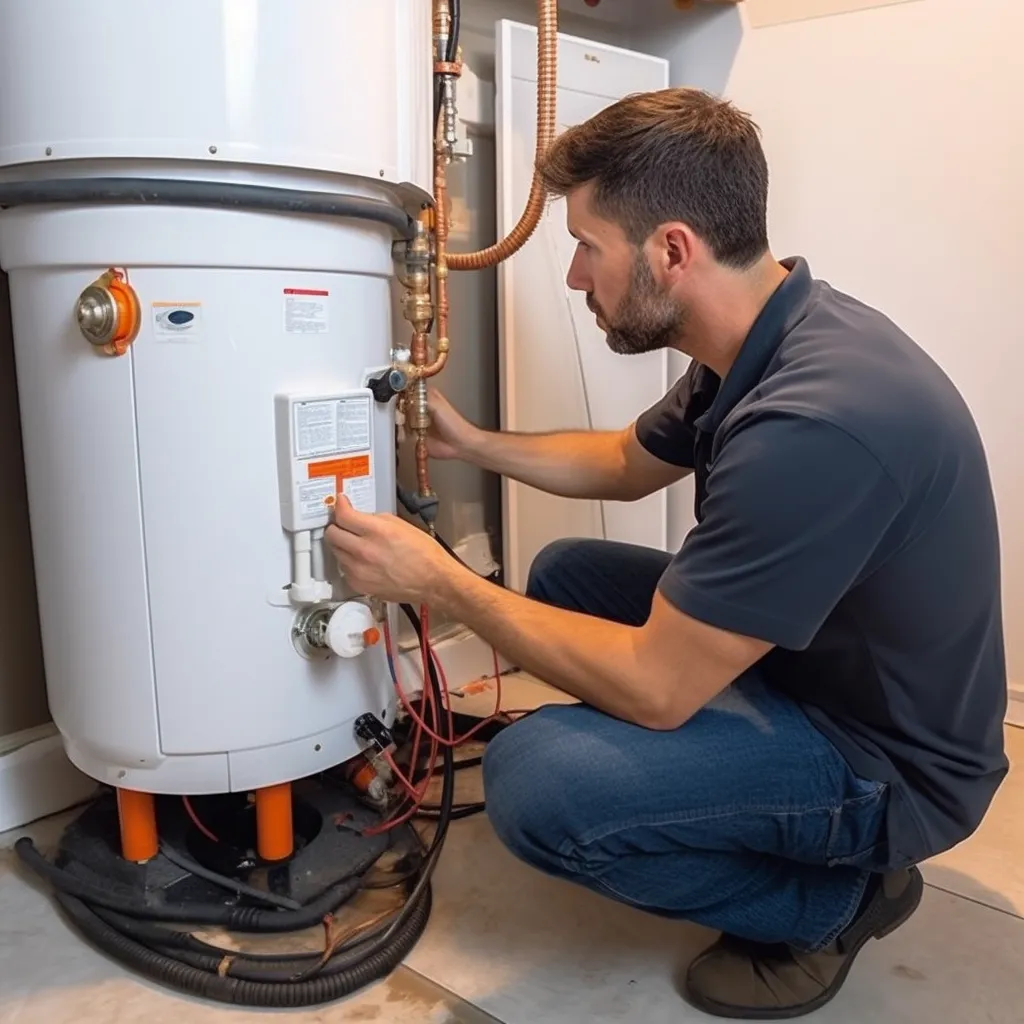
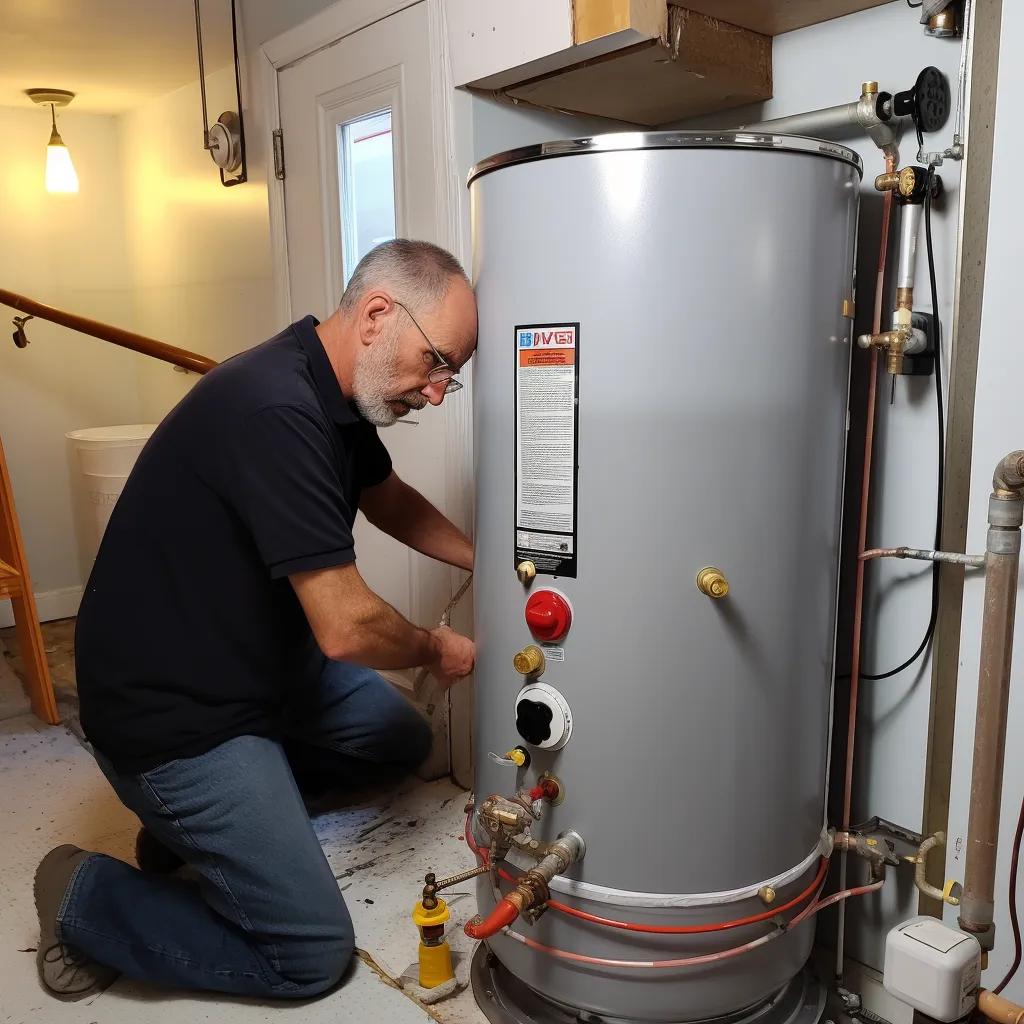
Safety considerations of electric water heaters
Ensuring safety is paramount when utilizing an electric water heater to avoid potential hazards. One of the primary concerns is the possibility of electrocution, which may arise due to inadequate grounding or malfunctions within the heater. Additionally, fire hazards may arise if the water heater overheats or if it is positioned in close proximity to flammable substances. To effectively address these risks, it is strongly advised to adhere to the guidelines provided by the manufacturer and seek the assistance of a licensed professional for the installation of the water heater. By following these precautions, you can guarantee a secure and dependable operation of your electric water heater.
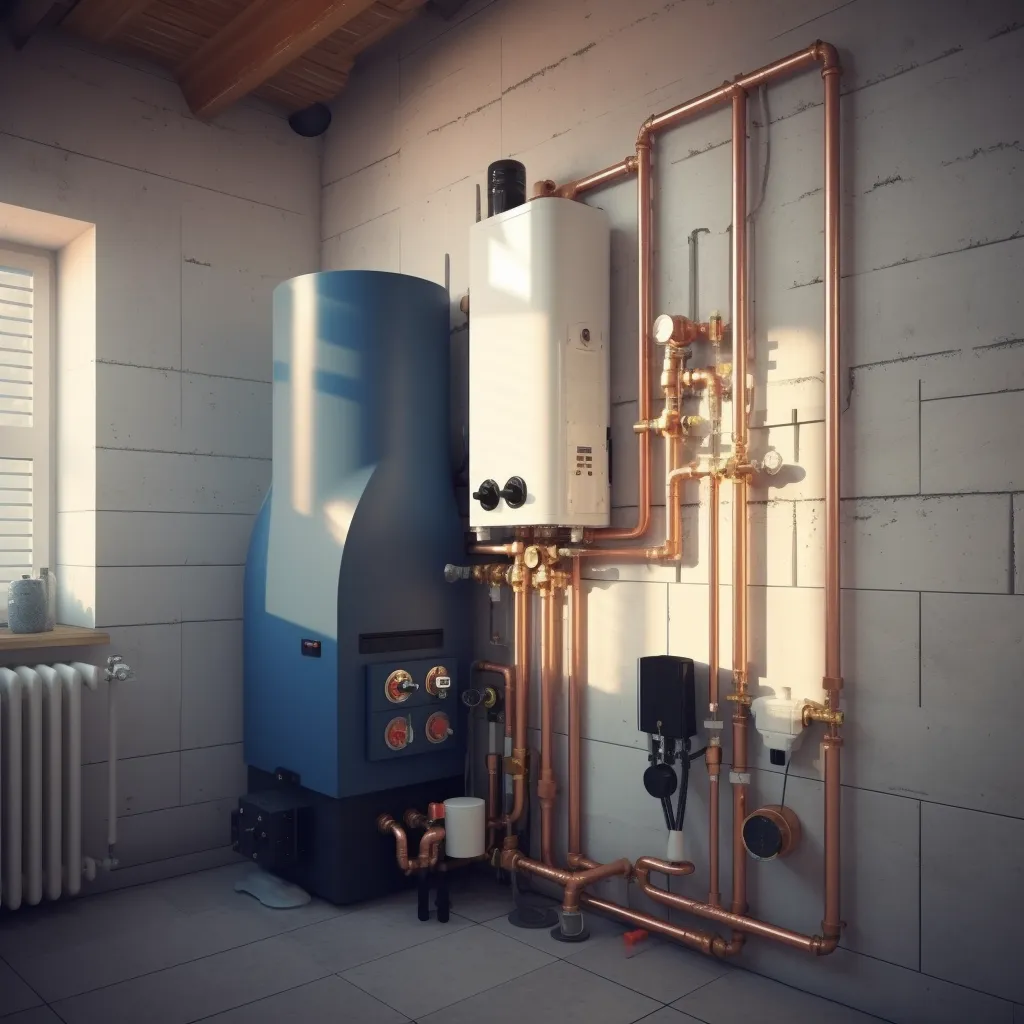
Safety considerations of gas water heaters
nsuring safety is of utmost importance when operating gas water heaters. To create a secure environment within your home, it is imperative to follow a few essential guidelines. Firstly, make sure to install a carbon monoxide detector in close proximity to the water heater. This will effectively monitor and alert you to any potential leaks or dangers. Secondly, regular inspection and maintenance of the heater are vital. By conducting routine checks and servicing, you can identify and address any issues promptly, preventing potential hazards from arising. Lastly, maintaining a clear area around the heater, free from flammable materials, is crucial. This precautionary measure significantly reduces the risk of accidents or fires. By adhering to these safety measures, you can create a safe and protected space in your home.
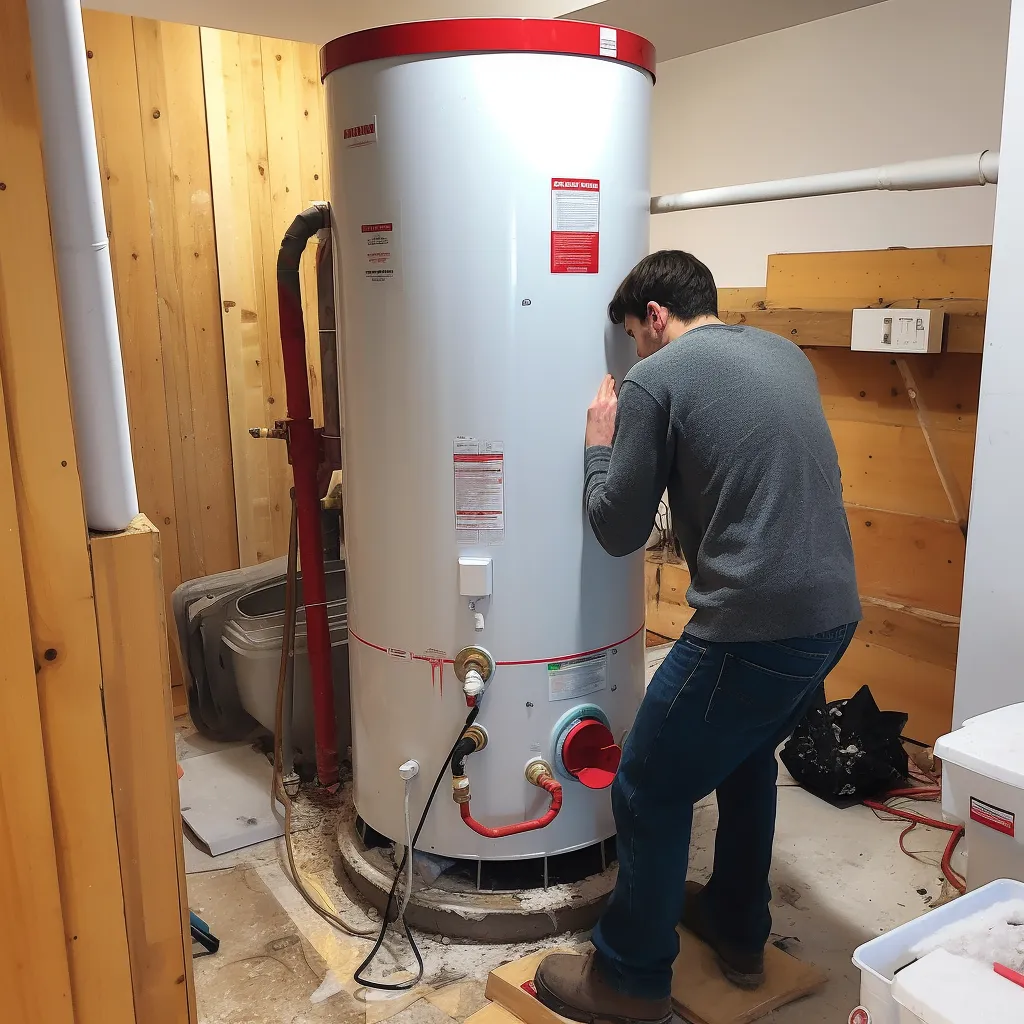
How to choose between electric vs gas water heater
When choosing a water heater, it's important to consider several key factors. By taking these factors into account, you can make an informed decision regarding the most suitable type of water heater for your specific needs.
One crucial aspect to consider is the size of your home and the amount of hot water you typically use. It's essential to determine the appropriate capacity of the water heater based on the size of your household and the frequency of hot water usage.
Cost is another significant factor. It's important to compare the initial purchase and installation costs of both electric and gas water heaters. Gas heaters may provide long-term cost savings, while electric heaters have lower upfront expenses.
Efficiency is a vital consideration as well. Generally, gas water heaters tend to be more energy-efficient and cost-effective to operate compared to their electric counterparts.
Maintenance requirements should also be taken into account. Electric water heaters typically require less maintenance, while gas heaters need regular inspections to ensure safety and prevent malfunctions.
The environmental impact is an important factor to consider. Electric water heaters produce fewer emissions and have a lower carbon footprint when compared to gas water heaters.
Your decision on a water heater will be influenced by your individual preferences, lifestyle, and financial constraints. Several crucial factors should be taken into account, including energy efficiency, installation expenses, maintenance demands, and the accessibility of fuel options in your locality. Evaluate your hot water requirements, long-term cost-effectiveness, and any environmental considerations that are important to you. By carefully considering these aspects, you can make an informed choice that caters to your priorities and guarantees a consistent provision of hot water for your household.
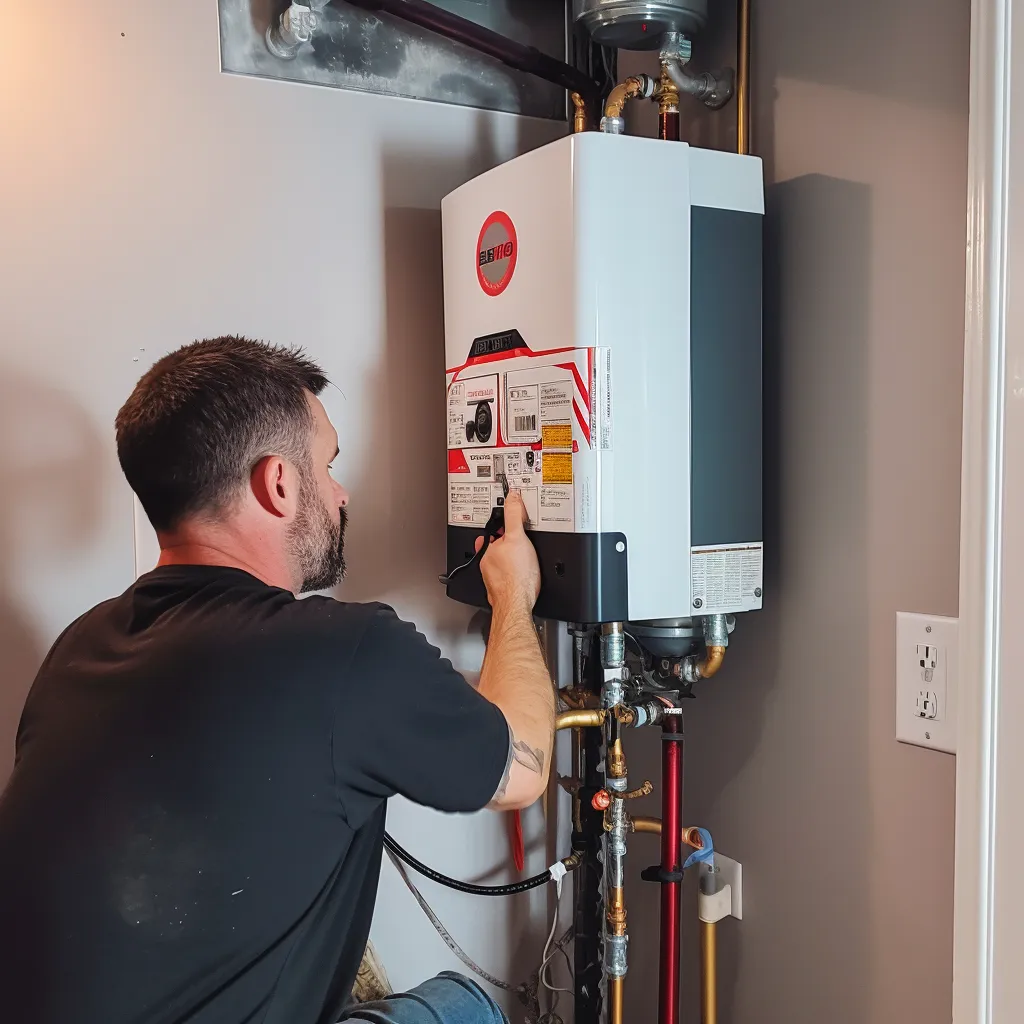
Why you should hire a licensed professional
to install your water heater
When it comes to installing or replacing a water heater, it's crucial to proceed with caution due to the significance of the task. While some individuals may consider a do-it-yourself (DIY) approach as a cost-saving measure, it can be risky and potentially hazardous. To ensure a safe and proper installation, it is highly recommended to hire a licensed and experienced professional. These professionals possess the necessary knowledge, skills, and expertise to handle the job effectively. By entrusting the task to a professional, you can have peace of mind knowing that they will adhere to safety measures and address any potential issues. Your safety should always remain the utmost priority, making the decision to rely on a licensed professional the smart and responsible choice.
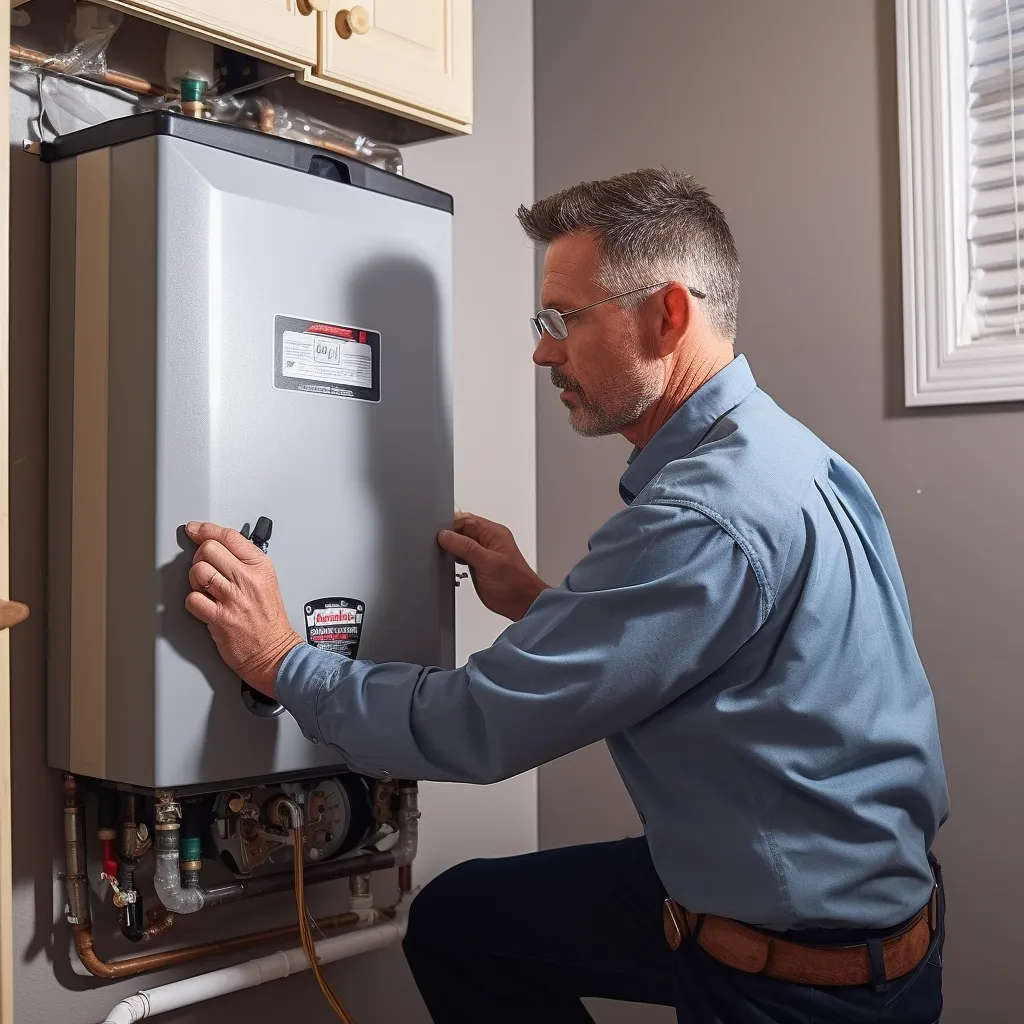
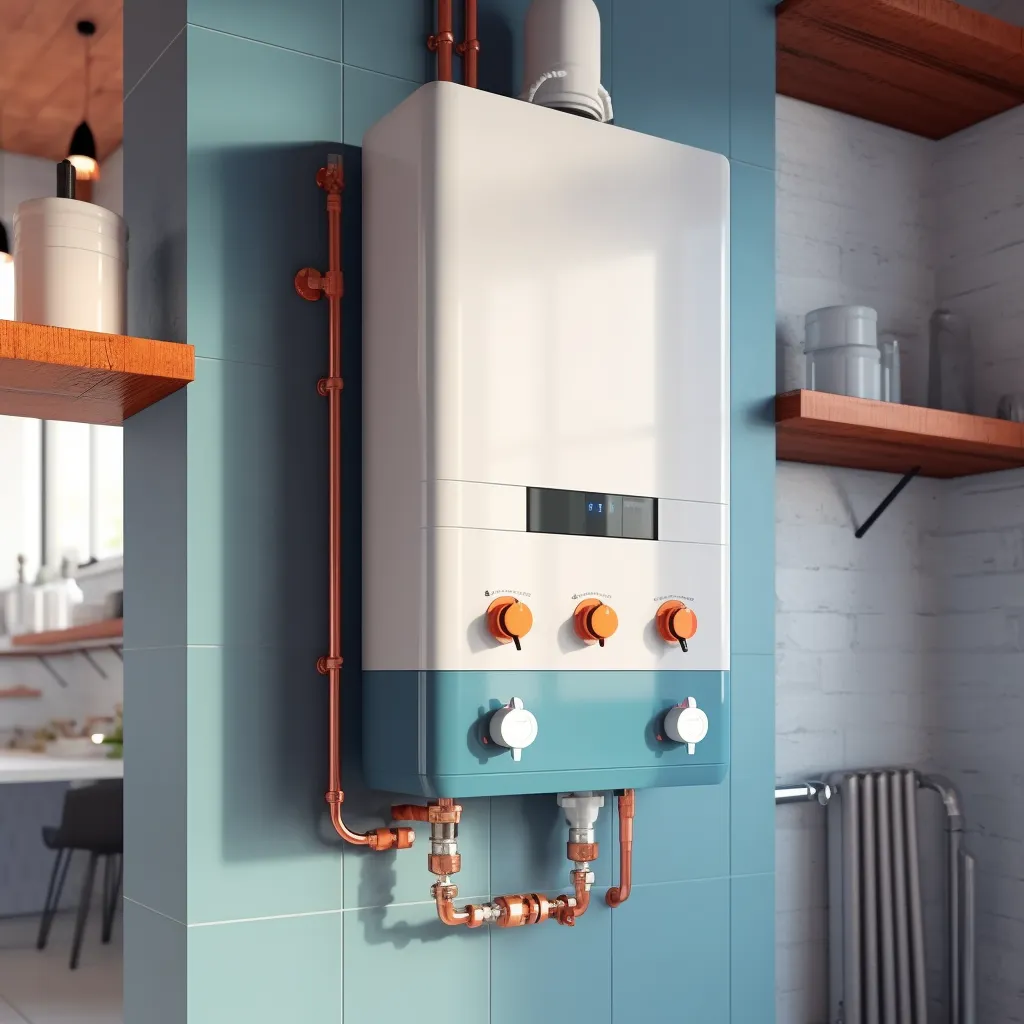
Be sure to do your research
It is crucial to conduct comprehensive research to make an informed decision on water heaters. Both electric and gas models have their advantages and disadvantages, and it's essential to consider these factors. Moreover, it is important to take into account safety considerations and installation requirements. By giving careful thought to these aspects, you can discover the perfect water heater to meet your requirements. However, it cannot be overstated how vital it is to hire a licensed professional for proper installation. Their expertise will ensure the safe and efficient operation of your water heater.
Contact Us
GET IN FULL TOUCH
PHONE: (410) 883-5584
EMAIL:
william@waterheaterparkville.com
Strong Plumbing Parkville
Parkville, MD 21234
